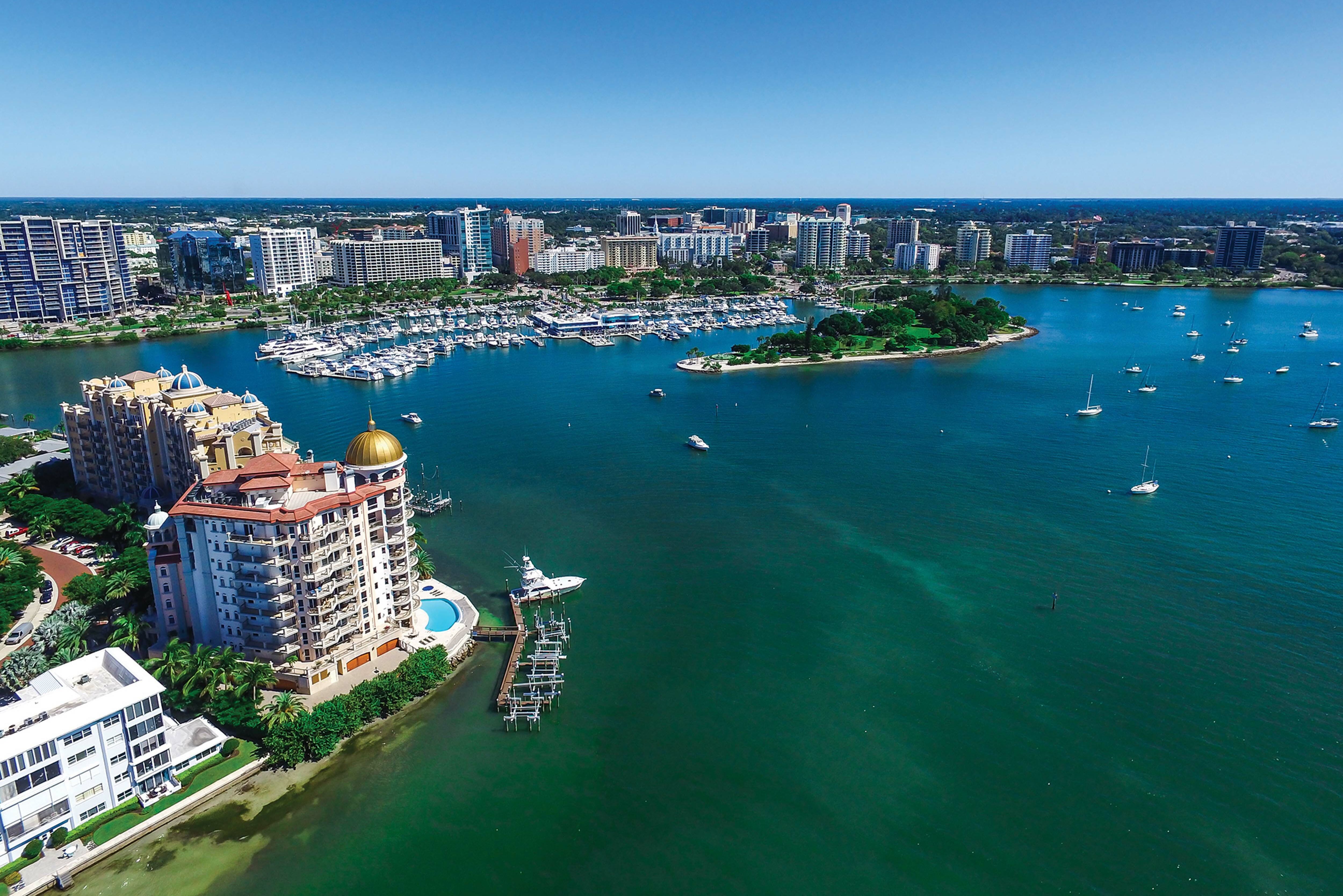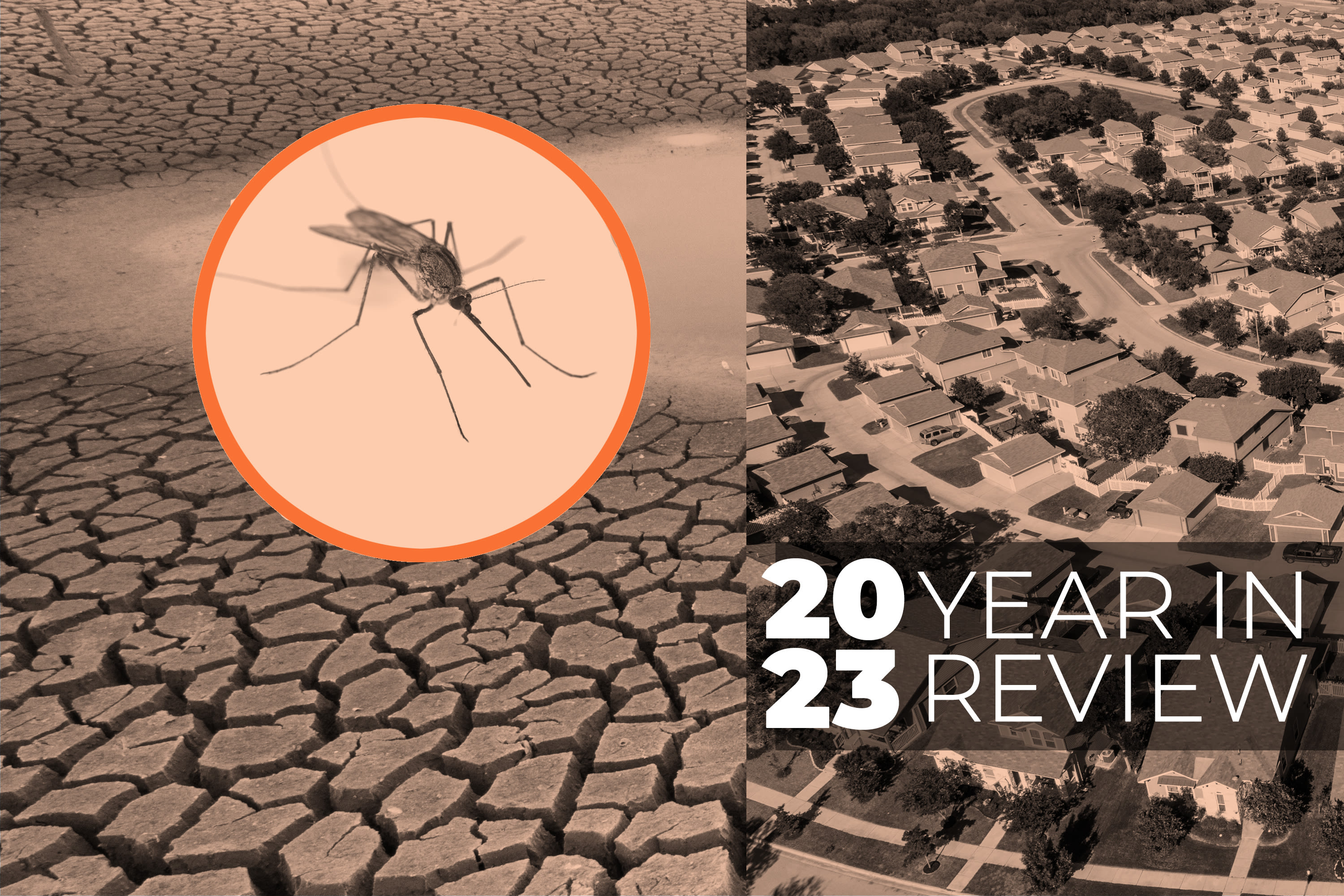Freddie Mac Newsletter Examines Impact of Rising Sea Levels

A 2013 study using data from two NASA satellites found that glaciers like this one, the Aletsch Glacier in Switzerland, lost an average of 571 trillion pounds of ice per year from 2003 to 2009, which contributed to about 30 percent of the total observed global sea level rise during the same period
A newsletter published last month by Freddie Mac examines the potential impact of climate change and rising sea levels on home ownership and insurance. According to one study cited by the newsletter, the Federal Emergency Management Agency estimates that the total area of so-called Special Flood Hazard Areas will increase 45 percent nationally on average by the end of this century.
"The climate risk assessment published by the Risky Business Project—an organization co-chaired by Michael Bloomberg, Henry Paulson, and Thomas Steyer—estimates that three-to-four percent of the US population will live in coastal [Special Flood Hazard Areas] by 2100 and 11 percent of the US population will live in riverine (that is, inland) [Special Flood Hazard Areas]," the newsletter notes. "In addition, between $66 billion and $160 billion worth of real estate is expected to be below sea level by 2050. By the end of the century, the range is $238 billion to $507 billion."
Read the entire newsletter here.



